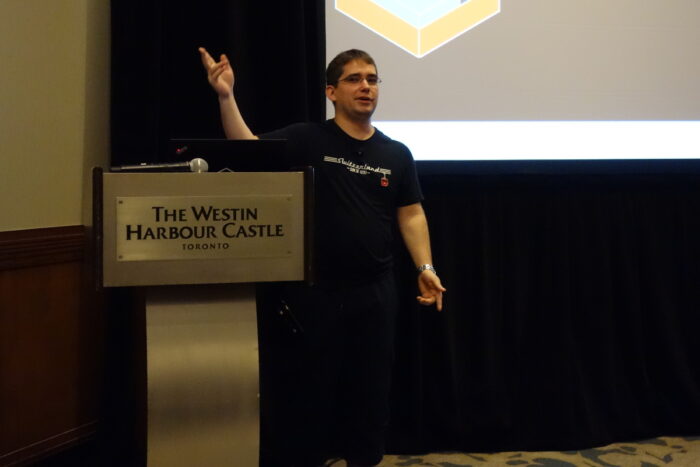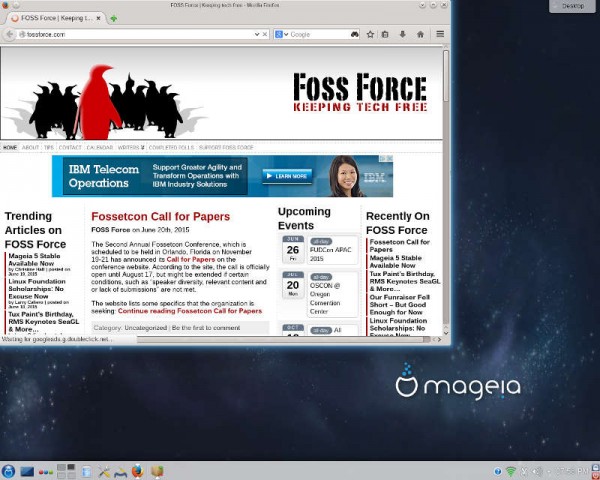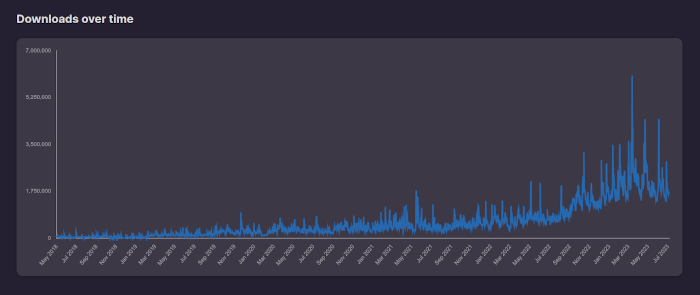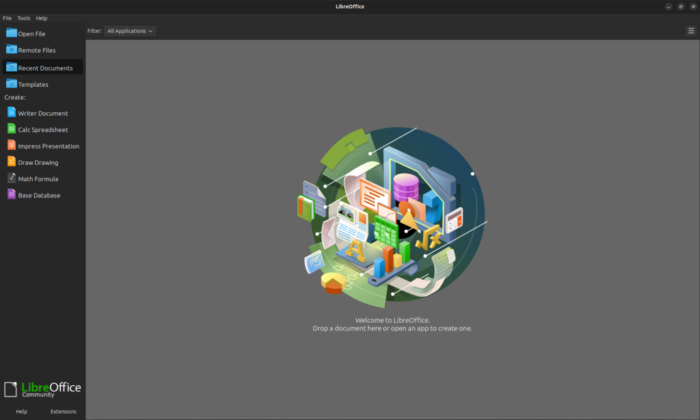In this week's roundup we look at ZFS's return to Ubuntu as an install option (and why it was removed in the first place), how the Nigerian Prince is adopting AI for phishing, Linux Torvalds fabulous impersonation of E.F. Hutton, and more.
Posts published in “Software”

FOSS Week in Review: LibreOffice Fixes Bugs, KDE Release Plans, Automakers ‘F’ on Privacy, and more…
In this week's roundup, we look at the winding down of LibreOffice's 7.5 series, how KDE's getting it together for Plasma's upcoming 6.0 release, Mozilla's look at privacy issues and modern automobiles, and more.
In many ways, KDE Gear's apps supply the backbone on the Linux desktop experience. Newly released KDE Gear 23.08 brings many changes to these apps, and we look at them here.
The cryptocurrency funded Brave Browser has a new proprietary AI assistant; new versions of Kali, KDE Gear, and LibreOffice; with changes on the way in The Document Foundation's versioning scheme.
About a month after Canonical pulled LXD from Linux Containers, with the 'LXD community experiment' evidently being labeled internally as a 'failure' by Ubuntu, the code is forked and almost immediately accepted as a project at Linux Containers.
In this week's column we wish Slackware a happy 30th birthday, look forward to the soon to be landing Mageia 9, and get the bugs out of LibreOffice 7.5.5.
The New York Stock Exchange doesn't like it when your stock dips below a dollar.
LibreOffice 7.5.3 offers improved compatibility with MS Office, as well as numerous minor improvements throughout the suite.
Mirantis has released k0s 1.27 as the latest and greatest version of its open-source Kubernetes distribution. With this release, the focus seems to be on security.









